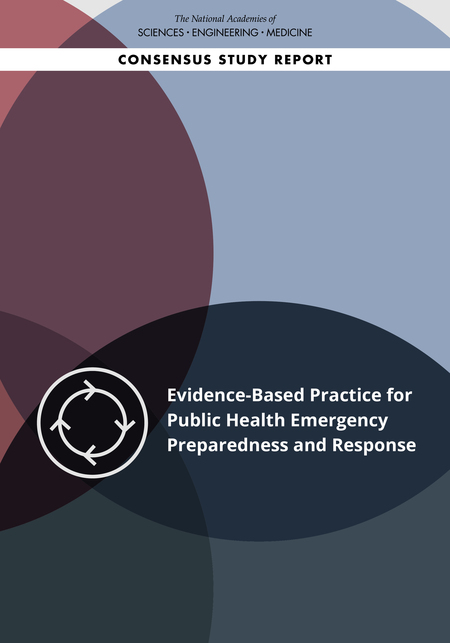A new report from the National Academies of Sciences, Engineering, and Medicine describes the need for emergency preparedness in public health emergencies.
The 650-page report, “Evidence-Based Practice for Public Health Emergency Preparedness and Response,” was authored by the Committee on Evidence-Based Practices for Public Health Emergency Preparedness and Response.
“As public health emergencies become more common, our public health systems need clear and accessible guidance on best practices,” said Dr. Paul Halverson, founding dean and professor at the Indiana University Richard M. Fairbanks School of Public Health at IUPUI and a member of the committee. “We have observed and learned from previous emergencies, but we need to translate that knowledge into the creation of policy and future practice.”
The report provides recommendations for improving public health emergency preparedness and response, including the creation of a National Public Health Emergency Response Science Framework. The proposed framework would be led by the Centers for Disease Control and Prevention and would lead research and establish the infrastructure to advance disaster preparedness and response.
While the report addresses present-day emergencies, its development was not conducted in response to a specific public health emergency.
The report concludes that research and continuous learning should be embedded in the fabric of public health emergency preparedness and response. As research in this field grows, the evidence base will be the foundation of policy and practice.


